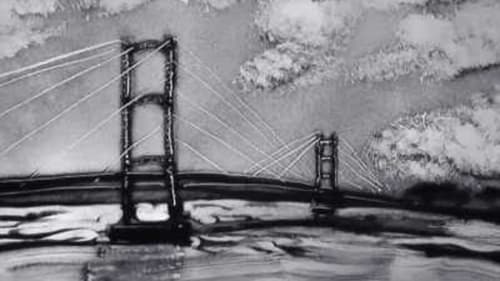
himself
In a small island convulsed by the 1959 revolution, Santiago Álvarez used the Seventh Art as a political weapon and created an aesthetic that became a reference in the documentary field. Santiago, who called himself a permanent traveler through history, registered the most significant facts of his time, from the Cuban Revolution to the disintegration of the Soviet Block. He took to spectators from all continents a counterpoint to the history narrated by the United States Information Service, USIS. Through his works, we dive into the Cuban political and cultural scene, the tensions of Latin America, the Vietnam War, the countless conflicts for African independence, always with a peripheral look that is characteristic of his cinema, currently converted into a memory of a world in transformation.

Few people in Argentine and Latin American cinema have been as close as Fernando Birri to stand as a patriarch, pioneer, and spokesman for a committed cinema that tears itself apart in its solidarity with its own surroundings. This ode to the tireless Birri presents him to us in full: teaching, establishing standards, and creating with the tools of his time, turning culture into a form of political affirmation as he grows more and more vital and rooted.

Himself

Self - Filmmaker and Revolutionary. Cuba
Documentary about the independence and history of Latin America.

Contemporary film critics regard the epic film I Am Cuba as a modern masterpiece. The 1964 Cuban/Soviet coproduction marked a watershed moment of cultural collaboration between two nations. Yet the film never found a mass audience, languishing for decades until its reintroduction as a "classic" in the 1990s. Vicente Ferraz explores the strange history of this cinematic tour de force, and the deeper meaning for those who participated in its creation.

Self

Screenplay
Documentary that portrays the life of a coal-mining town south of Havana, around 1955, prior to the triumph of the revolution.



